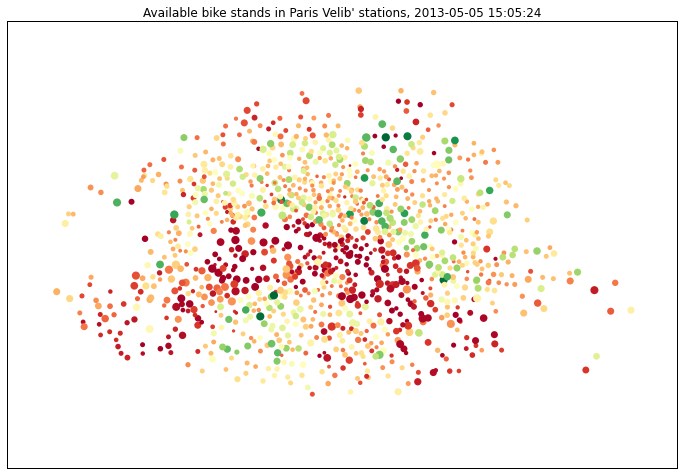What's wrong with scientific Python?
2014-01-15
tl;dr: Although not perfect, Python is today one of the best platforms for scientific computing. It's getting even better everyday thanks to the amazing work of a vibrant and growing community. I reviewed Python's strengths in a previous post. Here, I cover the more sensitive issue of its weaknesses.
